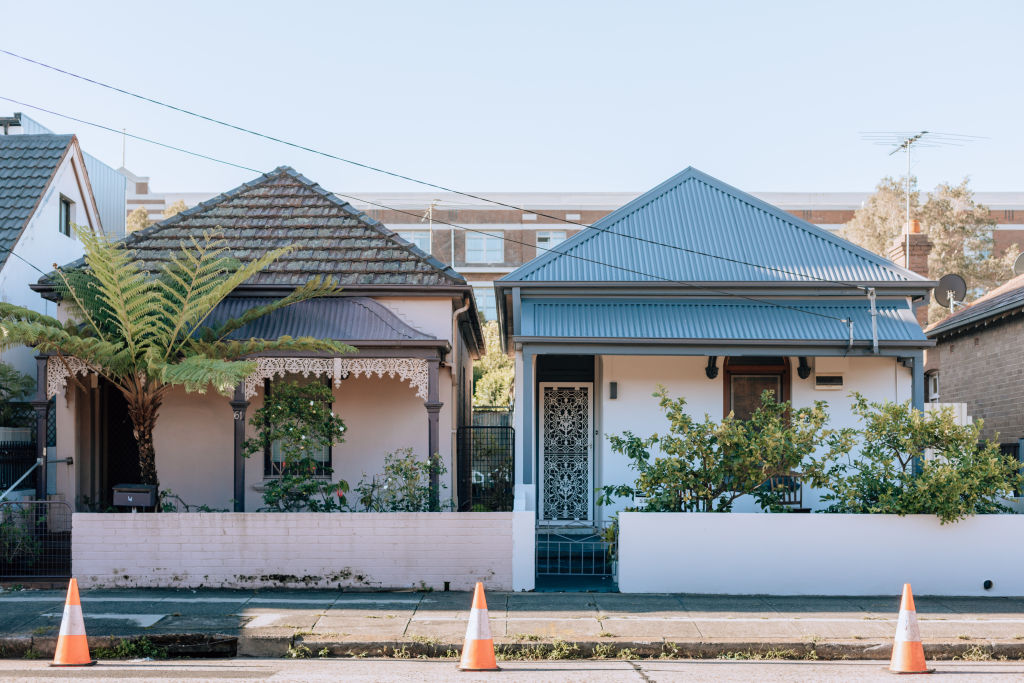How to be the best landlord to your tenants

When making an investment decision, everyone researches the property, the location and the interest rate, but many forget completely to consider the person who rents that home and provides the income.
And that’s the difference between a minimal landlord and one who’s going to earn the best reputation and attract the best tenants for the longest periods.
“We find a lot of owners focus on problems with the property,” says Stephen Fitzsimon, head of growth at Melbourne Real Estate.
“They complain about paying $200 to have a plumber called out when they should be concentrating on the fact that they’ve made capital gains of $60,000 in the last 12 months.

“But it’s about seeing both sides of the story. They need to understand that, in most circumstances, their tenant is probably the next generation, like their own children. They’ve grown up in a time when they weren’t taught how to unblock a sink or fix small problems around the house, so that’s why they’re going to call to get problems sorted.”
Of course, 70 per cent of investors hire real estate agents to manage their properties, so it’s just as important to pick a representative who’s going to be considerate and responsive to tenants, too.
“Check the online reviews for different companies to make sure they’re good, and then pick four at random and ask the agency to put you in touch with the reviewers directly to make sure they’re genuine,” advises Toby Primrose, director of Property Management Melbourne.
“And, once appointed, owners should make it clear to agents that they want to be very mindful of tenants’ personal circumstances. At the moment, during COVID, we’ve had some owners happy to charge only half the rent for six months if they’re in difficulties, and we’ve had others who’ve refused, so the tenant has gone. But sometimes losing a good tenant can be more expensive in the long run.”
Also, think carefully about what you’re offering a tenant, recommends Tenants Union of NSW Leo Patterson Ross CEO. Make sure, for example, to have cash reserves ready to sort maintenance issues promptly.
“You’re providing a service of housing in exchange for rent, so you should act accordingly,” he says.

“Think about what you’re offering. Some tenants might really appreciate having the option of a longer fixed term, with the security and stability that brings, and they might be happy to pay a premium for that.
“Flexibility is also appreciated. Allow them to paint walls if it doesn’t reduce the value of the property. That can make a real difference to the experience of living in a place.”
So, take the time to learn about the tenant.
A couple might be renting your apartment because they’re having their own home renovated, so they will really appreciate being able to extend the term if unforeseen problems arise, suggests Ray White Group CEO of property management Emily Sim.
“Or often it’s tenants moving to an area so their children can go to a certain school,” she says.
“So, they might be looking for a really long-term tenancy, which can be a really great arrangement all round.”
We recommend
States
Capital Cities
Capital Cities - Rentals
Popular Areas
Allhomes
More
- © 2025, CoStar Group Inc.










